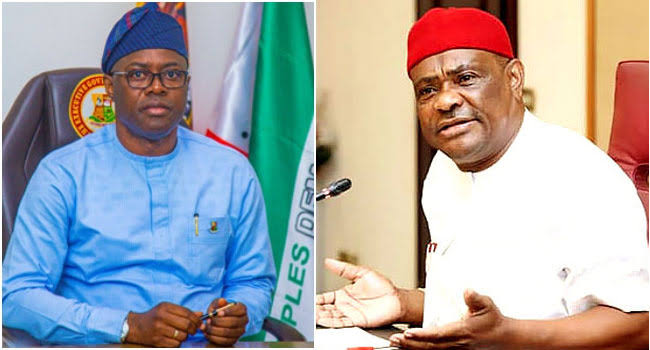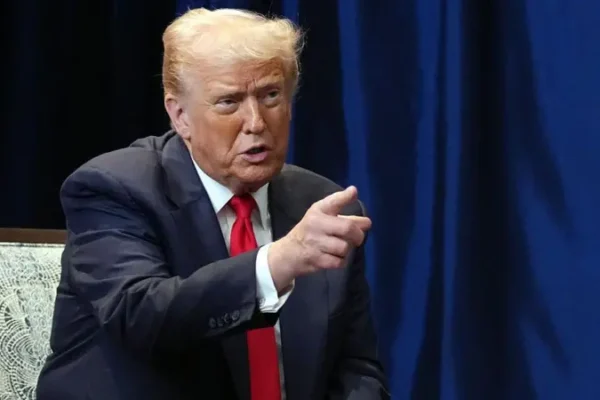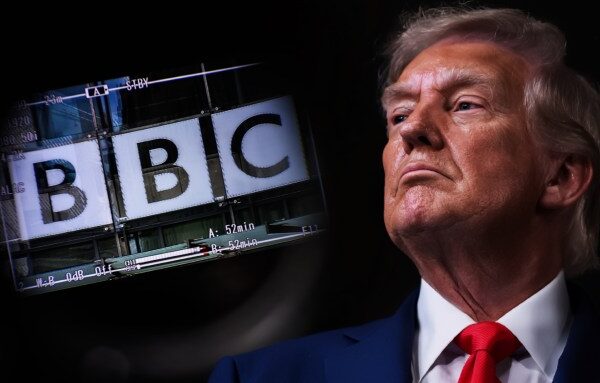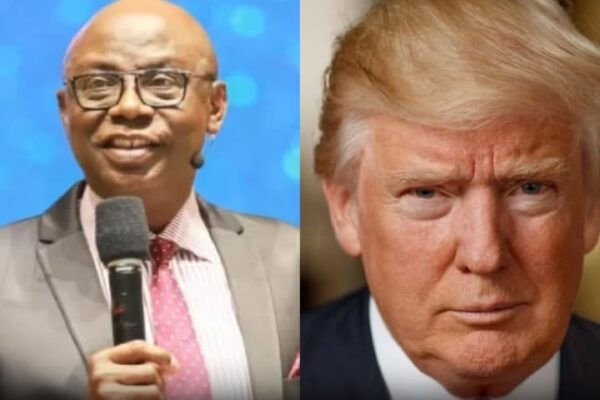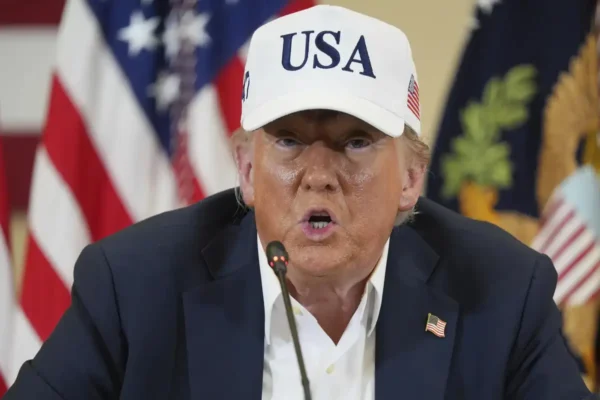
Trump Suspends US Green Card Lottery Following Brown University Shooting
President Donald Trump has suspended the US green card lottery programme following a mass shooting at Brown University last week that left two people dead. The suspect, a Portuguese national found dead on Thursday, had entered the United States through the Diversity Visa (DV1) lottery programme in 2017 and was issued a green card. Homeland Security Secretary Kristi Noem said the visa scheme has been paused under Trump’s directive to “ensure no more Americans are harmed by this disastrous programme.” US authorities also believe the 48-year-old suspect, Claudio Neves Valente, was responsible for the killing of Portuguese MIT professor Nuno Loureiro earlier this week. The diversity visa programme allocates up to 50,000 visas annually through a random selection process for applicants from countries with low immigration rates to the US. Noem noted on social media that Trump had previously “fought to end” the lottery in 2017 after eight people were killed in a truck attack in New York City carried out by Uzbek national Sayfullo Saipov, an Islamic State supporter who had also entered the US through the DV1 programme and is now serving multiple life sentences.

